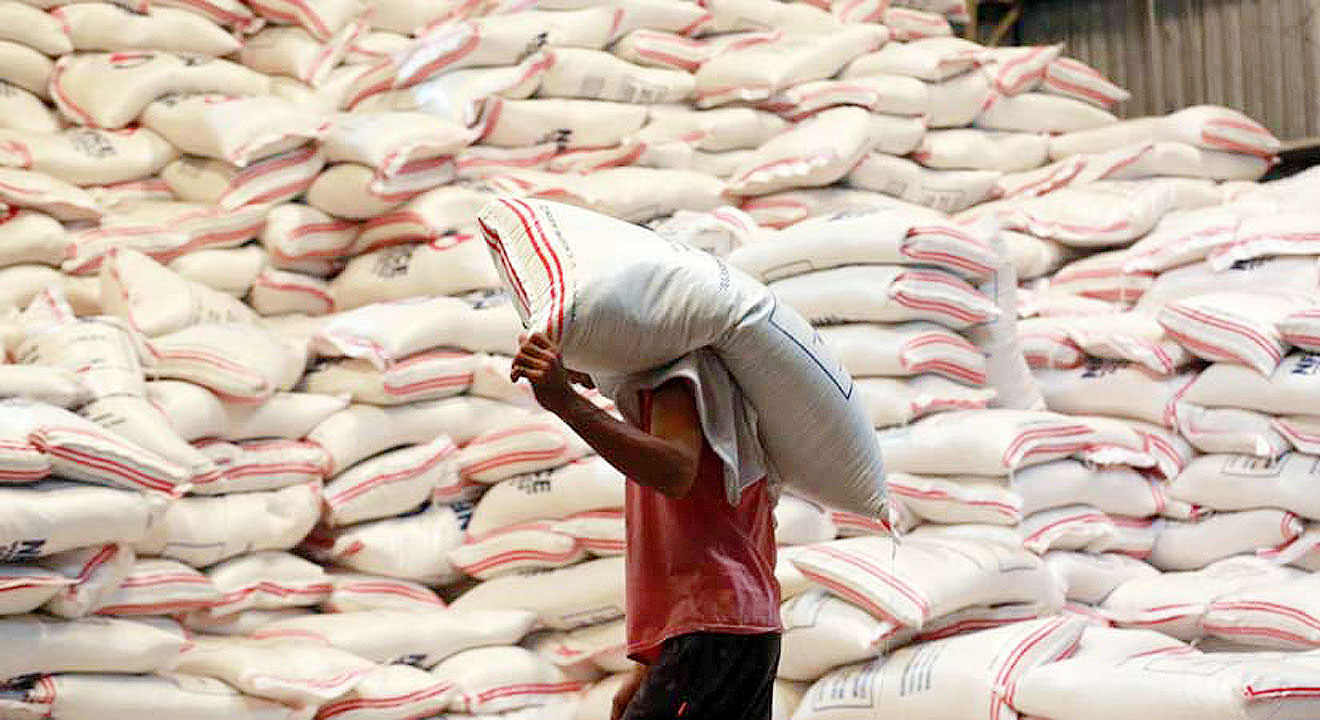Repeal movement gathers steam as review period nears for tariffication law

FARMER organizations said the Rice Tariffication Law, or Republic Act No. 11203, has failed to make farmers more prosperous three years after it was enacted, and called on the government to repeal it and focus on supporting rice cultivators.
“We call on the government to understand that these last three years are enough to judge the effectivity of this program. First off, it did not improve the lives of farmers. Let’s not add to this during the review, let’s just accept that it failed so we can move on and can enhance agriculture,” National Spokesperson of the Pambansang Katipunan ng Makabayang Magbubukid (PKMM) Jhun P. Pascua said at a virtual press conference.
On March 5, the law is subject to automatic review, a process which the farmers said they hope to participate in.
“Three years of the law is three years of deepening structural hunger — three years of setting up the stage for yet again faux corporate-led solution such as Golden Rice. It will never address food insecurity in the country; rather it will further advance the problems (with) our country’s already fragile biodiversity by yet again implementing lopsided trade agreements and letting in corporate solutions in the form of policies and environment-contaminating creations,” Magsasaka at Siyentipiko para sa Pag-unlad ng Agrikultura (MASIPAG) said in a statement.
Golden Rice is an enriched variety intended to address Vitamin A Deficiency, co-developed by the International Rice Research Institute.
“The government (insists on) retaining a law that virtually obliterated the local rice market, buried rice farmers neck deep into debt, and basically intensified the food security problem both in the peasant and consumer sector,” it added.
They said the law, which liberalized rice imports but required importers to pay a 35% tariff on Southeast Asian grain, has discouraged young people from going into agriculture.
“We know that the liberalization of agriculture has had a big effect on the youth… We have many universities that teach about agriculture but our education system is all about agribusiness and liberalization. They should change the orientation and direction of our education towards developing local products. We need subsidies and the fixing of farm to market roads and (lower the) cost of production in farming,” PKMM Spokesperson Sara D. Espiritu said.
“In its third year, we urge the government to finally repeal the law on rice tariffication and stop the entry of GM Yellow Rice and focus instead on the genuine development of the rice industry. MASIPAG farmers’ experience shows that food security can be achieved using sustainable and appropriate technologies and techniques which can be further upscaled with genuine pro-farmer policies. Furthermore, we likewise call for an immediate resolution to the land struggles suffered by small-scale farmers over the country — only when farmers have access and control over this resource can we truly attain food security,” MASIPAG said.
“Achieving food security will start from junking the law that removed the quantitative restrictions and allows for rice tariffication. Addressing food insecurity and malnutrition will start with shifting from chemical-based agriculture to sustainable organic agriculture that puts emphasis on a diversified and integrated farming system ultimately championing a diversified, accessible, and nutritious diet for the masses,” it added. — Luisa Maria Jacinta C. Jocson



